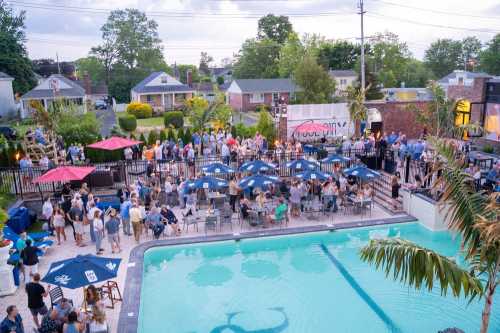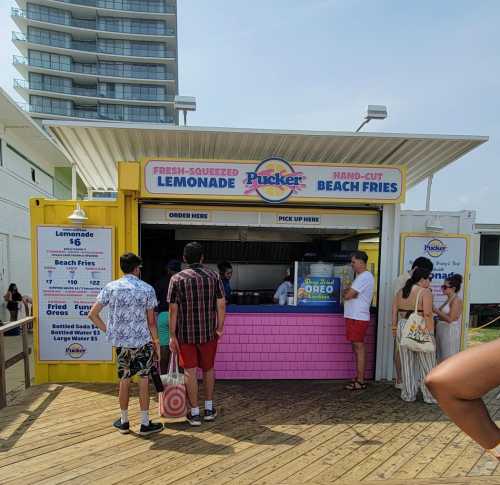What do you call the night before Halloween? If you live in New Jersey, the answer is likely Mischief Night, Cabbage Night, or Goosey Night. A tradition in New Jersey, Mischief Night is the most popular option but I've heard all three in the Garden State. The almost-holiday exists in just a handful of states, according to the Harvard Dialect Survey. The survey identifies regional terms and phrases. Elsewhere in the U.S., the night before Halloween is called Devil's Night, Den Night, Gate Night, or nothing at all, with nothing at all being the most common. So, what does it mean, where does it come from, and how do we celebrate it?
Mischief Night seems to have originated in Britain. The earliest reference to Mischief Night is from 1790.
That reference came in the form of a school play. The last section of the play talked about fun and made clear that Mischief night was boatloads of fun for everyone.
Mischief Night was an evening filled with pranks and children's tricks on the night before May Day. (Hence the women dancing around the Maypole in this photo.)
Nowadays Mischief night is similar in that both adults and children engage in pranks, jokes, parties, and sometimes light vandalism in order to celebrate being a little bit naughty.
Mischief Night was eventually moved to the night before Guy Fawkes Night (November 5th), a patriotic celebration in Britain where bonfires and fireworks are often lit.
What could go hand-in-hand with practical jokes and pranks better than fireworks? That was some pretty smooth planning on their part.
Guy Fawkes Night followed the settlers of the Thirteen Colonies (New Jersey being one) and so did Mischief Night. Halloween wasn't celebrated in the United States until the 1920s, so it's likely around that time that the date of Mischief Night moved yet again.
Clearly there was something about Mischief night that really spoke to a lot of people if they were willing to keep shuttling the holiday around and changing the day. There was obviously a strong desire to keep it going and to fit it into a new contemporary way of life.
Cabbage Night is an old Scottish tradition. We promise, this is going to connect to Mischief night, bear with us. Women would use stolen cabbage leaves as a method of fortune telling on the night before All Hallows Eve. Then, they would throw the cabbage leaves at their neighbors' houses because...why not? We're not exactly sure of the reason but we know it was certainly some sort of mischief.
If you think about it, throwing cabbage leaves kind of sounds like an early version of TPing someone's house, which is still a common Halloween practical joke. Although we bet the cabbage leaves smelled a whole lot worse.
The origins of the term Goosey Night are murky but the word goosey is defined as foolish, giddy, or jumpy, all terms that could relate to the way Mischief Night is celebrated in New Jersey.
And let's be honest, it's a blast just to say Goosey Night, never mind celebrate it. The first mentions of Mischief Night traditions pop up in U.S. newspapers in the 1930s and '40s and it seems like there was a deliberate attempt to separate this mischief making from the Halloween tradition of dressing up and collecting candy. That way you get double the fun.
Cabbage Night festivities often involve toilet paper and shaving cream, mostly harmless pranks. Eggs can be less harmless and the night has been known to get out of hand.
But when used in moderation, the practice of letting a little loose and learning to laugh at yourself (and others) can be quite cathartic.
Many towns put curfews in place to prevent the evening from descending into complete chaos. Though, we're happy to report that there are rarely major issues in New Jersey. The night is also celebrated in Michigan, where there have been larger problems. Other areas that participate in Halloween Eve pranks are Upstate New York, Western Massachusetts, Eastern Pennsylvania, and some parts of Rhode Island, Connecticut, and Delaware. But why is it most prevalent in New Jersey? I'd guess it has to do with early settlers of the state and the mixing and evolution of cultures and traditions. Learn more about New Jersey's Halloween History here.
Subscribe to our newsletter
Get the latest updates and news
Thank you for subscribing!






























